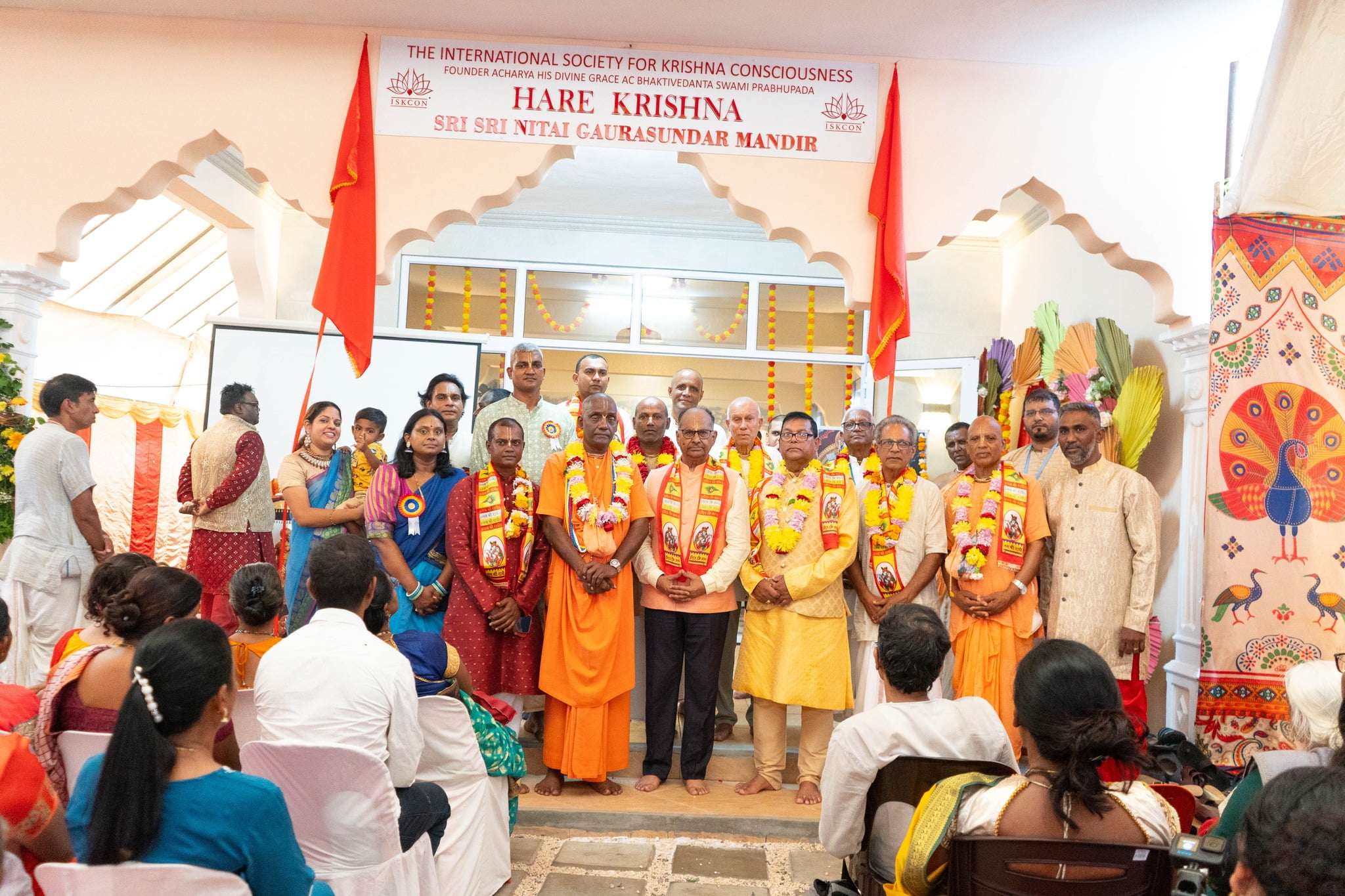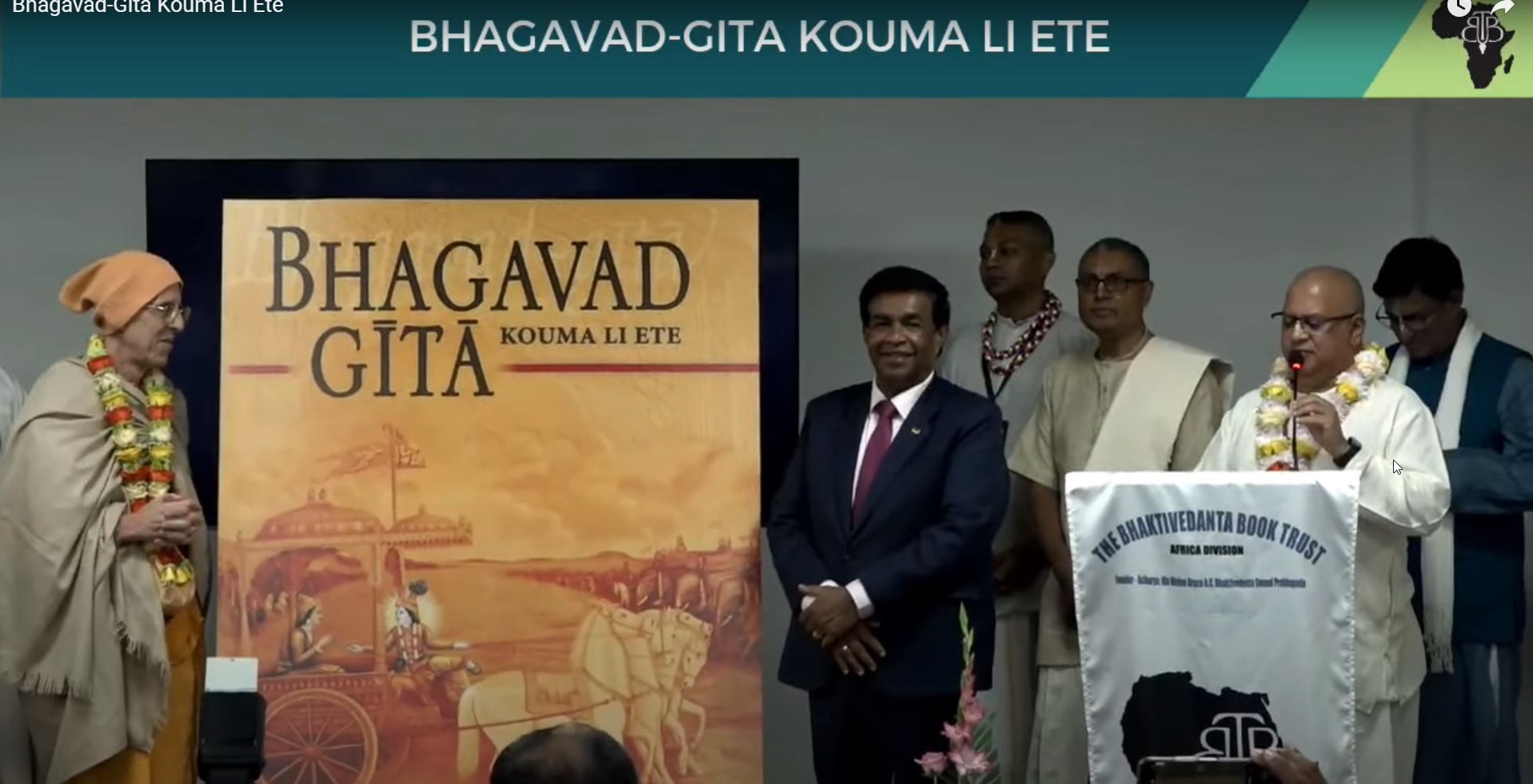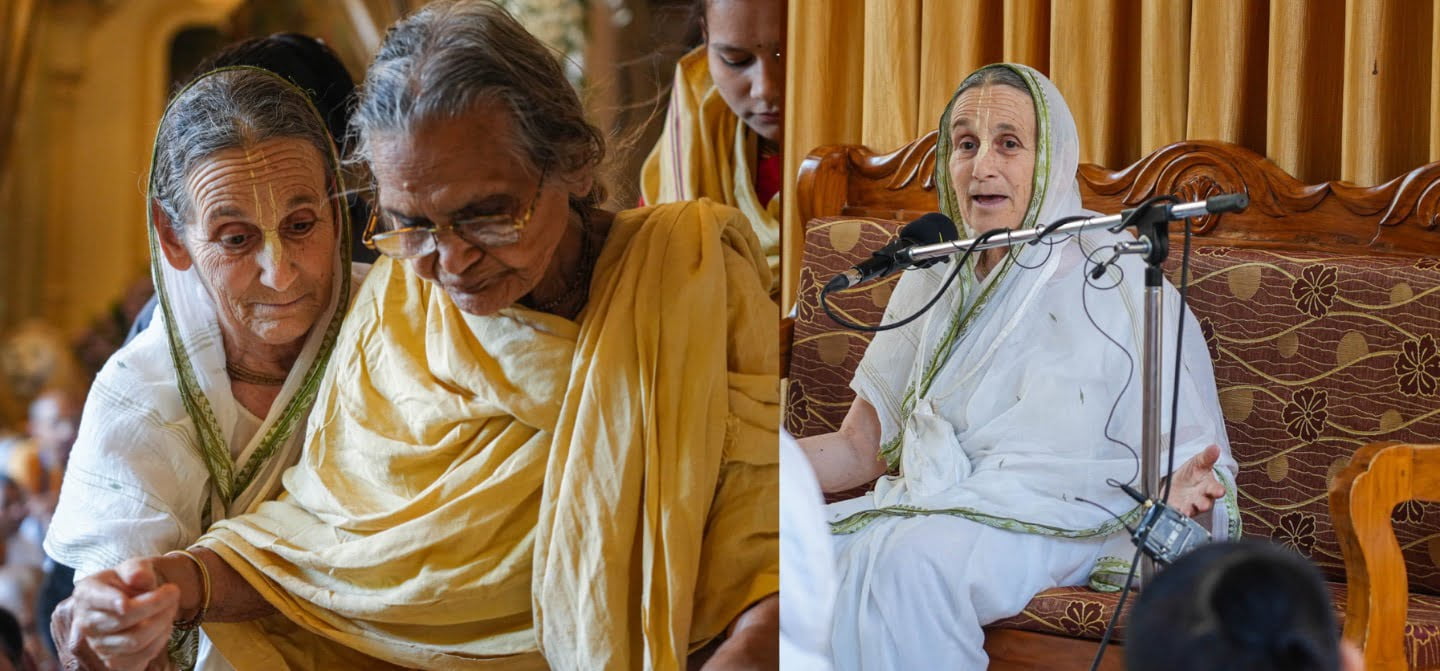Comparative, Competitive Religion
By Sutapa Das | May 13, 2016

It seems a natural instinct to measure success by comparing and competing with others. When Swami Prabhupada met a top Japanese manager at the Dai Nippon Press, he asked him what his goal in life was. Without saying a word, the corporate cat looked at a stack of business cards of all his acquaintances, carefully removed his own card from the bottom of the pile, and triumphantly slammed it on the top! He smiled at the Swami. The message was loud and clear.
Often, this competitive desire to “be the best” can carry over into our divine pursuit. We mentally create a spiritual CV and proceed to judge our success based on the achievements, recognition and respect that we can build up within our spiritual circle. Admittedly, we often find security, reassurance and self-worth in convincing ourselves how much better we are than others.
The reality of this mentality, however, is that it stifles personal growth, damages relationships and eventually leaves us feeling empty and dissatisfied. When we measure ourselves as “better” than others we develop pride and complacency. We cement ourselves in an illusory picture of progress far beyond where we are really at. Furthermore, when we see others excel and surpass us it can feel threatening and discouraging. It dents our ego and we constantly live in fear. A wisdom teacher once said: “it takes a great person to feel sorry in someone else’s suffering, but an even greater person to feel genuinely happy in someone else’s success.”
In actuality, there is no need to compare. Everyone has been divinely endowed with distinctive abilities. As we learn to complement each other’s unique personalities and cooperate to bring out the best in people, then everyone can simultaneously achieve their full potential and find fulfillment. Everyone in an orchestra has an important part to play. The role that each instrumentalist plays, however, is not as important as the final musical composition. In the same way, the measure of our spiritual success is not in the external achievements and the recognition that we gain along the journey, but rather in the internal development of purity and selflessness that we are ultimately striving for. Thus, instead of comparing with others, let us compare with ourselves, so that we can continually improve, develop and refine the content of our character.












